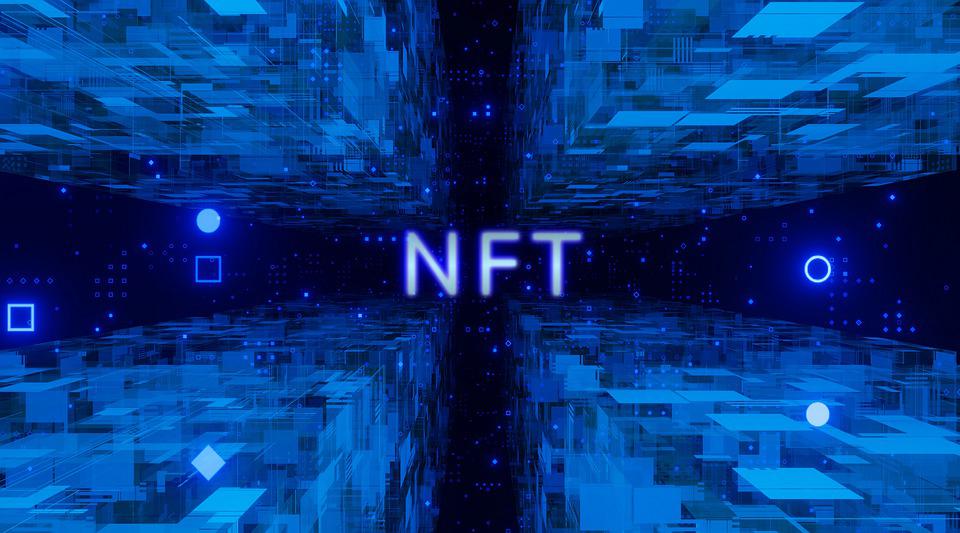
Non-fungible tokens, or NFTs, are a type of digital asset that is not interchangeable with any other asset. This means that each individual NFT is unique and has its own specific characteristics.
NFTs are created through blockchain technology, which ensures their uniqueness and security. They can be used to represent anything of value, from virtual assets in video games to real estate or precious metals.
One of the main benefits of NFTs is that they can be traded securely and easily on decentralized exchanges. This makes them ideal for use in a wide variety of applications. These are also one of the vital reasons behind the rising trend of NFT code.
For example, NFTs could be used to represent digital collectibles such as artwork or rare items. They could also be used to create digital economies, where users can buy and sell products and services using NFTs.
Another potential application for NFTs is in the authentication of digital assets. For example, if you wanted to prove that you owned a particular piece of digital artwork, you could issue an NFT that represented that artwork. This would provide verification that the artwork was yours and could not be stolen or copied without your permission.
NFTs are still a relatively new technology, but they hold great potential for use in a wide variety of applications. If you're interested in learning more about them, there are a number of resources available online.
What are the Benefits of NFTs?
There are many benefits of NFTs that have made them so popular among developers and users. Some of these benefits include:
1. Security: NFTs are secured through blockchain technology, which makes it difficult for hackers to steal or tamper with them. This also ensures that users can be confident that their tokens are safe and secure.
2. Portability: NFTs can be easily transferred from one person to another, making it easy for users to trade or sell their tokens. This also allows for a more liquid market for NFTs, which helps to increase their value.
3. Fungibility: NFTs are fungible, meaning that each token is interchangeable with any other token. This makes it easier for users to trade and sell their tokens, as well as increases the liquidity of the NFT market.
4. Authenticity: NFTs are highly authentic and cannot be counterfeited. This helps to ensure that users can trust the tokens they are purchasing or receiving.
5. Divisibility: NFTs can be divided into smaller units, making them more accessible for users. This also allows for a wider range of uses for NFTs, such as in gaming or micropayments
6. Versatility: NFTs are versatile and can be used for a variety of purposes. This allows developers to create innovative new applications using NFTs.
7. Transparency: NFTs are transparent and cannot be manipulated by third-party actors. This helps to ensure that users can trust the tokens they are using.
8. Ease of use: NFTs are easy to use and do not require any special knowledge or skills. This makes them accessible to a wide range of users and allows for wider adoption.
These are just some of the many benefits of NFTs that have made them so popular among developers and users. In addition to these benefits, NFTs also offer a number of other advantages, such as security, portability, fungibility, authenticity, divisibility, versatility, transparency, and ease of use. As a result, it is no surprise that NFTs have become one of the most popular technologies in the world.
Disadvantages of NFTs
One potential disadvantage of using NFTs is that they can be lost or stolen. Because NFTs are digital assets, they can be easily hacked or copied without the owner’s permission.
If someone gains access to your NFTs, they could potentially steal them or use them for fraudulent activities. Another disadvantage of NFTs is that they are not as widely accepted as traditional forms of currency.
This means that it may be difficult to find merchants who are willing to accept NFTs as payment. Additionally, NFTs can be quite volatile and their value can change rapidly depending on market conditions. This makes it difficult to predict how much a particular NFT will be worth in the future.
Conclusion
Overall, NFTs offer a number of advantages over traditional forms of currency. However, they also have a few drawbacks which should be taken into account before deciding whether or not to use them.